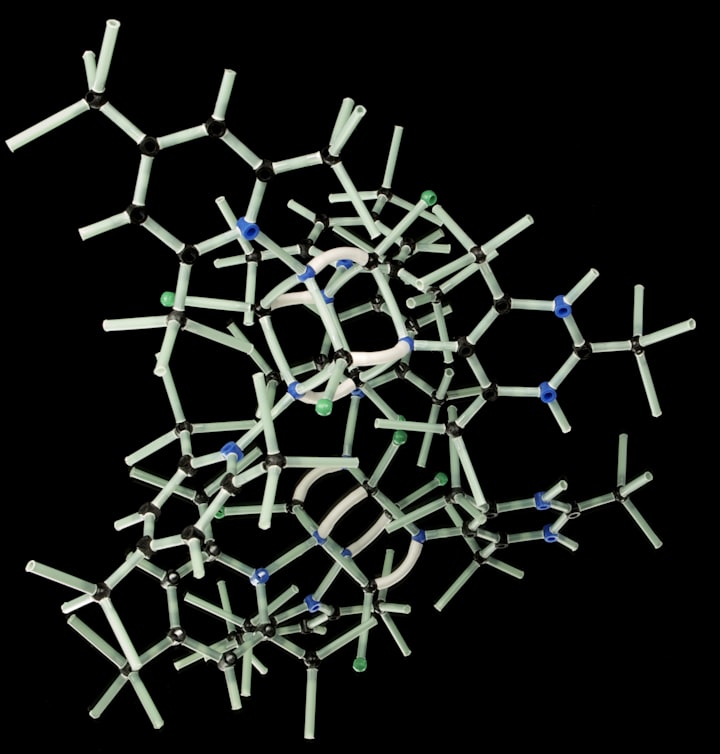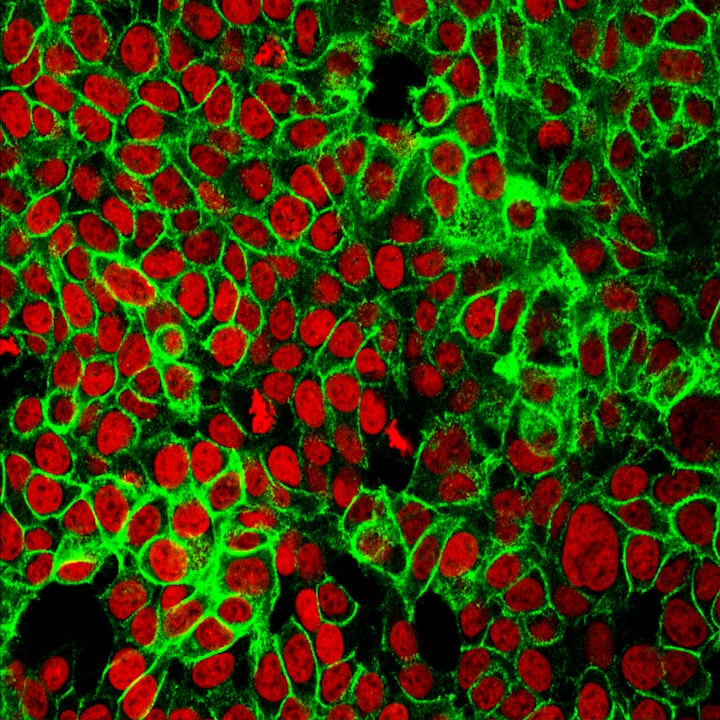Why Does a Kettle Boil Quieter as It Reaches Its Boiling Point?
Discover why a kettle boils quieter as it nears its boiling point, and the phenomenon behind it known as cavitation.

Have you ever noticed that just as your kettle is about to reach its boiling point, it seems to go quieter?
Have you ever wondered why that happens?
Well, let's dive into the fascinating science behind this phenomenon.
Understanding the Process
As the water in the kettle heats up, it starts producing bubbles of steam at the bottom.
These bubbles rise to the surface, but as they ascend through the cooler water, they condense and implode, creating audible noise in a process called 'cavitation'.
The Boiling Point Approach
However, as the water nears its boiling point, nearly all of it reaches or is close to reaching the boiling temperature.
This means that more bubbles make it to the surface without condensing and imploding, allowing them to escape as steam without creating as much noise as they do during the initial stages of heating.
Scientific Insights
According to experts, the reduction in noise is attributed to the reduction in cavitation due to the majority of the water reaching or being close to its boiling point.
This allows the energy from the heat to be primarily directed towards converting the water into steam, rather than creating noise through collapsing bubbles.
Interesting Perspective
The next time you're waiting for your kettle to boil, ponder the science behind the seemingly quieter phase.
It's not just a coincidental lull; it's a result of the intriguing interplay of heat, bubbles, and the properties of water.






